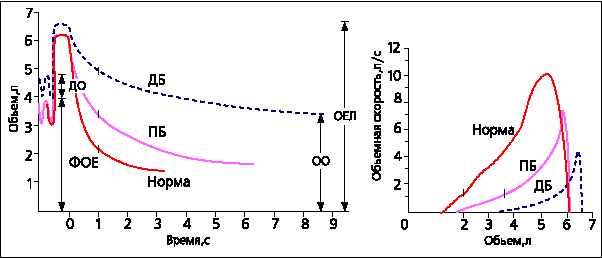Gene: [01q21/MUC1] mucin 1, urinary (epithelial; peanut lectin binding); episialin (carcinoma-associated mucin 1); breast carcinoma-associated antigen DF3 (mucin 1; episialin); [BCAM DF3 EMA ]
|
COM |
[1] Originally, the peptide product was identified using monoclonal
antibodies against different protein epitopes in many laboratories.
For this reason, this mucin type is often named by the names of
respective antibodies, HMFG-1, HMFG-2, Ca1, DF3, anti-EMA, OM-1,
SM-3, and SM-4 (Taylor-Papadimitriou-1981; Ashall-1982).
An early review on this subject appeared in:
Hilkens &, in: Monoclonal Antibodies and Breast Cancer,
ed Ceriani RL, Martinus Nijhoff, Hague, Netherlands, pp 28-42, 1985.
[2] The abbreviation PUM for the gene symbol was introduced by V.A.McKusick and reflects the ability of the protein urine fraction to bind a peanut lectin: Peanut-reactive Urinary Mucin. However, the main fraction of this protein is found in different tumor cell lines of epithelial origin, and especially in metastatic breast cancer; so one of the common names is the breast cancer DF3 antigen (Siddiqui-1988). The name 'episialin' came from the laboratory of J.Hilkens (Ligtenberg-1990)." |
|
MOP |
Varying number of tandem repeats of a 20-amino-acid oligopeptide is characteristic for mucins. This results in the allelic polymorhism of the protein length. At the gene level, this is related with the pronounced restriction fragment length polymorphism (RFLP) which pattern corresponds to that of hypervariable loci (HVR) of minisatellite DNA." |
|
FAG |
Several other mucin genes are identified: GEM:11p155/MUC2; GEM:07q22/MUC3; GEM:03q29/MUC4; GEM:11p155/MUC5AC; GEM:11p155/MUC5B; GEM:11p155/MUC6; GEM:04q/MUC7; GEM:12q243/MUC8, and GEM:00.0/MUC18." |
|
REF |
LOC,LIN,MAG,MAP "Anderson &: CCG, 51, (HGM10), 950, 1989 IDN,PEP "Ashall &: Lancet, 2, 1-6, 1982 IDN,PEP "Burchell &: Cancer Res, 47, 5476-5482, 1987 IDN,PEP "Cordell &: Brit J Cancer, 52, 347-354, 1985 IDN,PEP "DeKretser &: Eur J Cancer Clin Oncol, 21, 1019-1035, 1985 PRO,EXP "Gendler SJ &: PNAS, 84, N17, 6060-6064, 1987 IDN,POL,PEP,FOG "Hayes &: Blood, 71, 436-440, 1988 IDN,PEP "Hilkens &: Int J Cancer, 34, 197-206, 1984 IDN,POL,PEP,FOG "Karlsson &: Ann Hum Genet, 47, 263-269, 1983 IDN,PEP "Kufe &: Hybridoma, 3, 223-232, 1984 SEQ,EXP,GEN,STR "Ligtenberg MJL &: JBC, 265, N10, 5573-5578, 1990 LOC,LIN,MAG,MAP "Middleton-Price &: Ann Hum Genet, 52, (Part 4), 273-278, 1988a LOC,LIN,MAG,MAP "Middleton-Price &: Ann Hum Genet, 52, 273-278, 1988b LOC,LIN,MAG,MAP "O'Connell P &: Genomics, 4, N1, 12-20, 1989 POL "Pratt WS &: Ann Hum Genet, 60, (Part 1), 21-28, 1996 PRO,EXP "Siddiqui J &: PNAS, 85, N7, 2320-2323, 1988 LOC,LIN,MAG,MAP "Swallow DM &: Ann Hum Genet, 52, (Part 4), 269-271, 1988 LOC,MOL,CYG,LIN "Swallow DM &: Ann Hum Genet, 51, 289-294, 1987a LOC,MOL,CYG,LIN "Swallow DM &: CCG, 46, (HGM9), 701, 1987b IDN,POL,PEP,FOG "Swallow DM &: Nature, 328, 82-84, 1987c IDN,PEP "Taylor-Papadimitriou &: Int J Cancer, 28, 17-21, 1981 |
|
KEY |
exce, mem, onc |
|
CLA |
coding, basic |
|
LOC |
01 q21 |
|
MIM |
MIM: 158340 |
|
SYN |
BCAM DF3 EMA |
Смотрите также:

